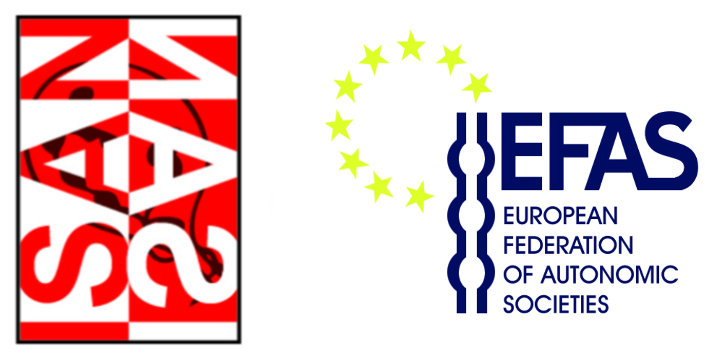14th CONGRESS of the
INTERNATIONAL SOCIETY FOR
AUTONOMIC NEUROSCIENCE
Joint Meeting with EFAS - European Federation of Autonomic Societies
Bologna – Italy, 2-5 September 2026
Invited Speakers
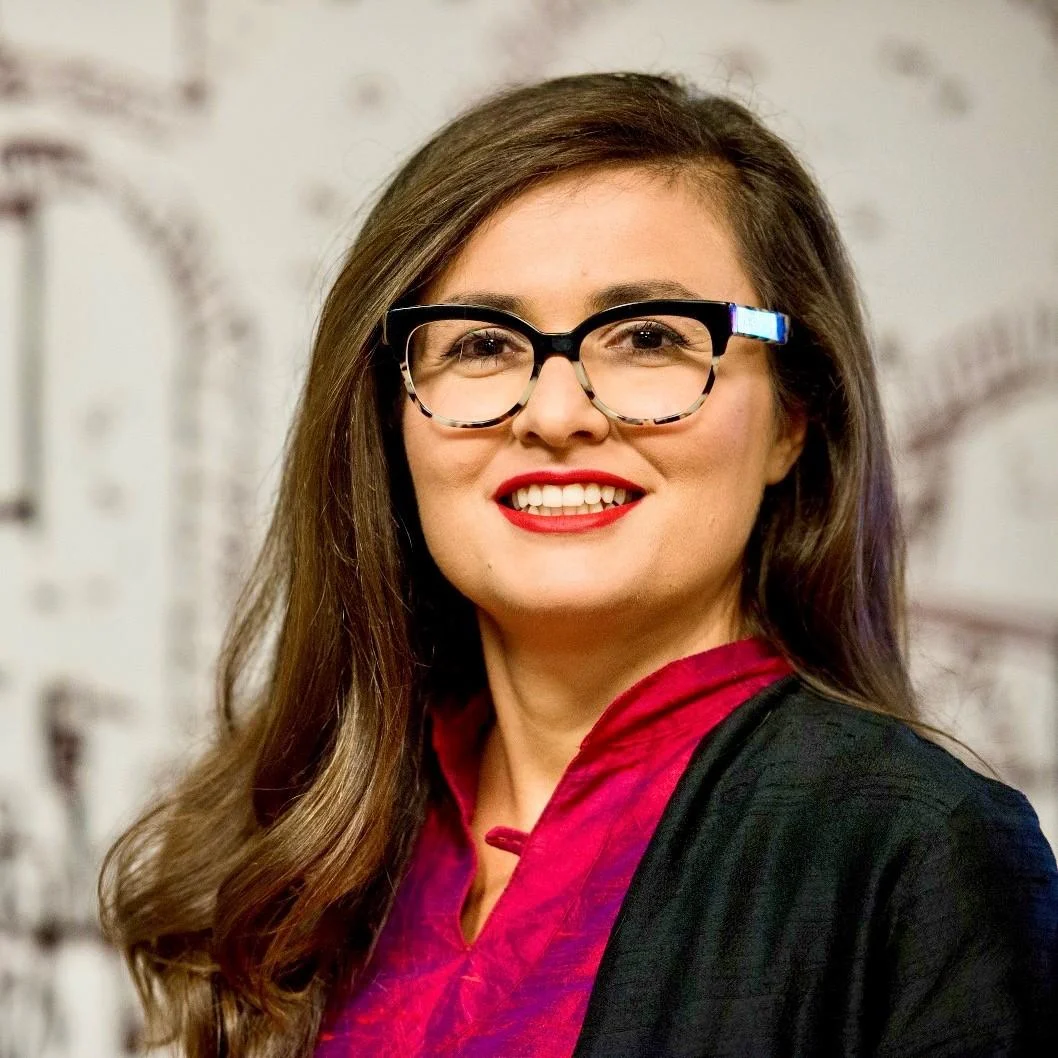
ANA DOMINGOS
University of Oxford
Title of the Speech:
Sympathetic neuroimmunity in obesity
Ana I. Domingos is a Professor of Neuroscience at the University of Oxford. Her laboratory discovered the
sympathetic neuro-adipose axis mediating leptin's lipolytic effects, providing the first visualization of
adipose sympathetic neurons essential for fat mass reduction via norepinephrine signaling. Her team
identified Sympathetic neuron-Associated Macrophages (SAMs), contributing to obesity by metabolizing
norepinephrine, findings that inspired the development of sympathofacilitators—a novel class of peripheral
anti-obesity drugs free from central nervous system side effects. Domingos’ research focuses on the
pharmacological regulation of autonomic functions to combat obesity safely, pioneering the emerging field
of Neuroimmunometabolism. Her group has extensively reviewed this field (Nature Reviews Endocrinology,
Annual Review of Cell and Developmental Biology, Neuron) and organized dedicated conferences, including
the Keystone Symposium (2022). Domingos serves as editor-in-chief of the American Journal of Physiology -
Endocrinology and Metabolism and holds editorial roles at Cell Metabolism and eLife. Her numerous
accolades include the EMBO Installation Award, Human Frontiers Science Program Award, Howard Hughes
Medical Institute–Wellcome International Scholar Award, ERC-Consolidator Award, Pfizer Aspire Obesity
Award, Carl Ludwig Lectureship, BBSRC Grant, and NIH Opportunity Pool Award, among others. She has
been invited to speak at over 70 international conferences.
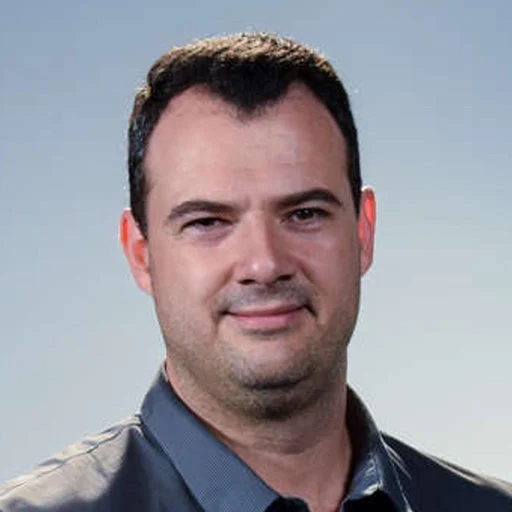
ALEXANDER A. STEINER
University of Sao Paulo
Title of the Speech:
Immunoregulation by sympathetic nerves: can neutrophils be selectively targeted?
Alexandre Steiner obtained his PhD in Physiology at the University of Sao Paulo (Brazil) and did his
postdoctoral training in Neuroimmunology at Joseph’s Hospital & Medical Center (USA). He is now an
Associate Professor of Immunology at the Institute of Biomedical Sciences of the University of Sao Paulo.
His research is focused on the multilateral interactions between the immune system and physiological
systems in life-threatening infections.
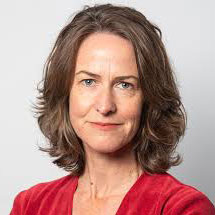
ERICA K. SLOAN
Monash University
Title of the Speech:
Cancer neuroscience: the autonomic nervous system regulates cancer progression and treatment response
Professor Erica Sloan leads the Cancer Neural Immune Laboratory at Monash University in Melbourne,
Australia. Her work characterises molecular and cellular neural-cancer interactions. She will describe
preclinical and clinical findings that provide insight into how the autonomic nervous system interacts with
solid cancers, and describe how this knowledge is guiding development of novel therapeutic strategies to
stop cancer.
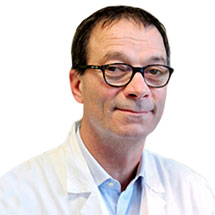
PIETRO CORTELLI
University of Bologna
Title of the Speech:
Sleep and the Autonomic Nervous System: Clinical Insights and Pathophysiology
Pietro Cortelli is a Neurologist with a particular interest in autonomic nervous system assessment
particularly in relation to neurodegenerative disorders and with a particular focus on synucleinopathies
(Parkinson’s Disease, Pure Autonomic Failure, Multiple System Atrophy, Dementia with Lewy bodies) and in
genetic diseases with autonomic failure (ADLD) In addition, his long-term research interests have focused
on:
• The role of the autonomic nervous system in health and disease
• Genetic and phenotypic characterization of prion diseases (Fatal Familial Insomnia, Creutzfeldt-Jakob, Gerstmann-Straussler-
Scheinker) Parkinson’s disease, Amyotrophic Lateral Sclerosis, Familial Hemiplegic migraine.
• Genetic and phenotypic characterization of “adult onset autosomal dominant leukodystrophy” (ADLD)
• Evaluation of autonomic circadian rhythms in relation to wake-sleep cycle in neurodegenerative disorders (namely
Multiple System Atrophy, prion diseases and sleep disorders)
• Autonomic, clinical and neurophysiological aspects of mitochondrial diseases and primary headache. The research has received funding from various
competitive (University of Bologna, MIUR, Department of Health) and charitable sources (TELETHON, MIUR,
Ministry of Health, EU).
